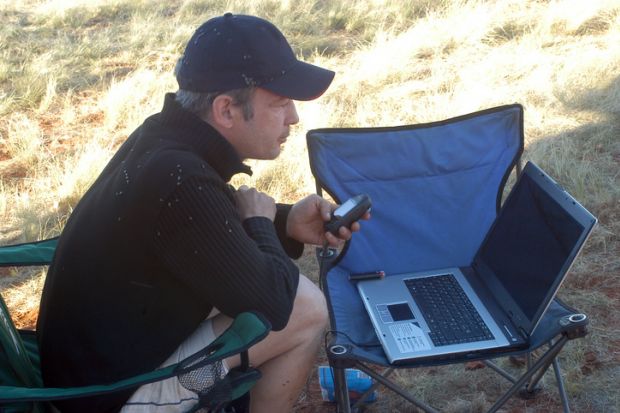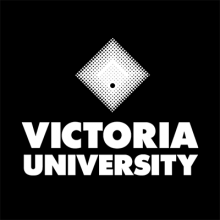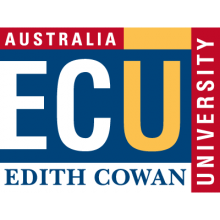The Covid-induced lurch into online learning has been hard for many students but beneficial for some, an Australian forum has heard.
Victoria University vice-chancellor Adam Shoemaker said some students had long struggled to access campus because of physical or mental disabilities. “For many of them, this version of learning is way better than anything that existed before,” he told the Needed Now in Teaching and Learning conference.
Professor Shoemaker said that a standout student at his former institution, Southern Cross University, had lived, worked and studied in distant Perth and “couldn’t have done it any other way”.
“People want their lives to match their study. They want to know [it] can be done at the right time, in the right way and in the right place,” he said.
Sadie Heckenberg, vice-president of the National Aboriginal and Torres Strait Islander Higher Education Consortium, said that Covid had been an “equaliser” for indigenous students and people in remote Australia where campuses were far away and internet connectivity was patchy.
Students “in the middle of nowhere” had to “jump up and down” in elevated places to find strong enough signals to submit their assignments, Dr Heckenberg said, and the pandemic had highlighted awareness of such problems. “We’re not where we should be, but we’re a heck of a lot further than we were before,” she said.
Jaden Dzubiel, an Aboriginal representative on the vice-chancellor’s advisory forum at Edith Cowan University, said that he was “looking forward to what the future holds”.
“Our online progressions…have evolved [from] what we deemed to be online before, in terms of studies,” said Mr Dzubiel, a management and computer science student who works as a programmer. “It’s only going to get better in that respect.”
But the conference heard that Covid’s negatives outweighed the positives, particularly for postgraduates who had experienced undergraduate study in a “completely different” era. “Universities are…saying you need to finish now; your scholarship money is going to run out,” said Christopher Hall, education officer with the National Union of Students.
“PhD students are having to really fight for grants to extend the time for their research. It’s created a competitiveness within institutions. Postgraduate students…have to fight with their own peers.”
Catherine Allingham, women’s officer with the Council of Australian Postgraduate Associations, said that the pandemic had disrupted student placements in areas such as nursing, medicine, physiotherapy and teaching. “As a doctor, I think that was understandable. We needed to be safe. But it was also very difficult. It is possible to learn a lot without being on placement, but placements are really valuable.”
Belle Lim, national president of the Council of International Students Australia, said a March survey of foreign students stranded offshore had found that more than 60 per cent were dissatisfied with their online experiences. Grievances included technical difficulties and time zone differences. “These students have to get up at unreasonable times to study,” Ms Lim said.
The survey also revealed equity issues, she said. “Not everyone has stable internet infrastructure [or] the environment and the luxury to be able to learn effectively.
“Universities and education providers did a great job to transition so rapidly to…the online learning tools that we have now. However, there’s a gap between where we are now and where we want to be.”
Register to continue
Why register?
- Registration is free and only takes a moment
- Once registered, you can read 3 articles a month
- Sign up for our newsletter
Subscribe
Or subscribe for unlimited access to:
- Unlimited access to news, views, insights & reviews
- Digital editions
- Digital access to THE’s university and college rankings analysis
Already registered or a current subscriber? Login












